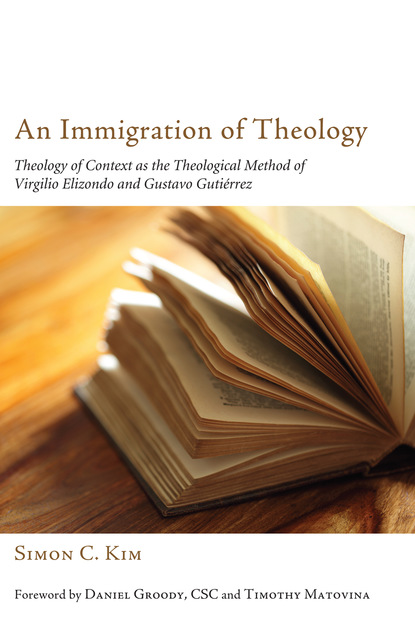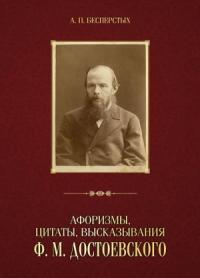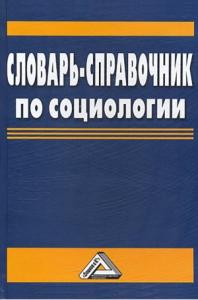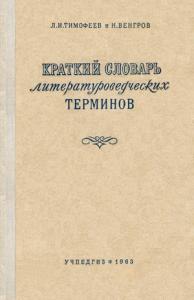
An Immigration of Theology скачать fb2
Simon C. Kim - An Immigration of Theology краткое содержание
The theological reflections of Virgilio Elizondo and Gustavo Gutierrez are examples of the ecclesial fruitfulness of the second half of the twentieth century. Following the directives of Pope John XXIII and the Second Vatican Council, Elizondo and Gutierrez present the Gospel message in relevant terms to their own people by engaging the world as the Church of the poor. Inspired by this moment in Church history, while at the same time recognizing the plight of their people in their poor and marginal existence, Elizondo and Gutierrez discovered a new way of doing theology by asking a specific set of questions based on their local context. By investigating where God is present in the border crossers of the southwestern United States and the poorest of the poor in Latin America, both theologians have uncovered a hermeneutical lens in rereading Scripture and deepening our understanding of ecclesial tradition. Elizondo's mestizaje and Gutierrez's preferential option for the poor arose out of a theology of context, a theological method that takes seriously the contextual circumstances of their locale. By utilizing the common loci theologici of Scripture and tradition in conjunction with context and their own experience, Elizondo and Gutierrez illustrate through their theologies how every group must embrace their own unique theological reflection.
Скачать книгу «An Immigration of Theology» Simon C. Kim
Чтобы оставить свою оценку и/или комментарий, Вам нужно войти под своей учетной записью или зарегистрироваться



